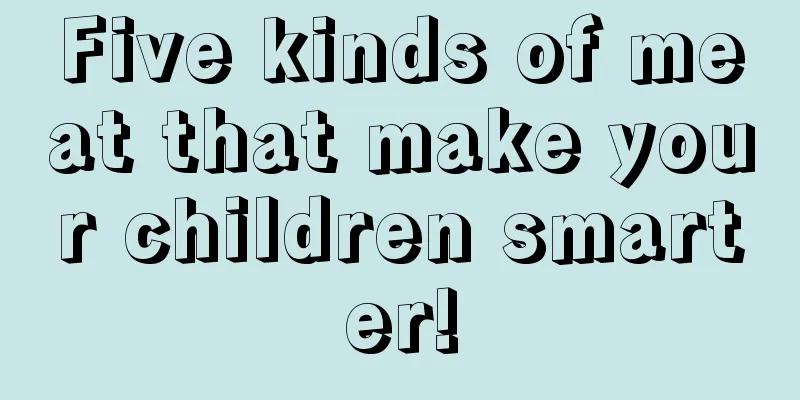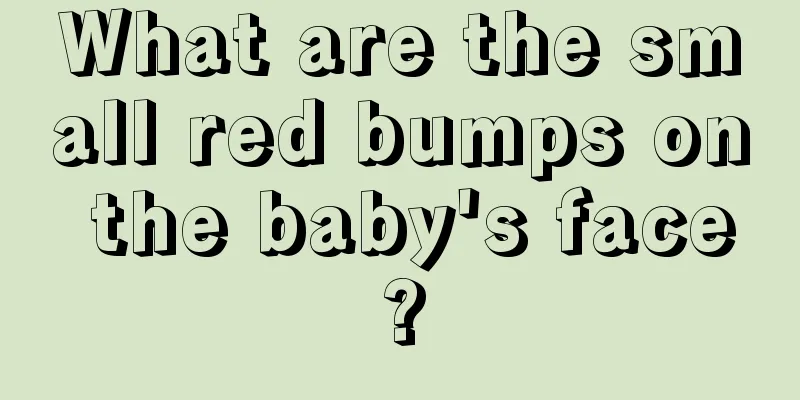Tracheitis in children

|
Childhood tracheitis means inflammation of the bronchi. Many children have suffered from this disease. The causes of childhood tracheitis are generally common colds and complications caused by some viral colds. Sometimes it is caused by bacteria. It is a common acute upper respiratory tract infection. When such a disease occurs, parents should be able to take some scientific care measures in time. Childhood bronchitis is very common among children under one year old. It may occur in any season of the year, especially in spring, when the incidence rate is higher. Symptoms usually include dry cough, and in severe cases, fever, diarrhea, and vomiting. Symptoms of bronchitis in children The onset of bronchitis in children can be acute or chronic. Most of the patients first have symptoms of upper respiratory tract infection, and may also suddenly develop frequent and deep dry coughs, followed by gradual bronchial secretions. Infants and young children do not expectorate and usually swallow the pharynx. Those with mild symptoms have no obvious signs of illness, while those with severe symptoms have a fever of 38-39°C, occasionally reaching 40°C, which usually subsides within 2-3 days. Feeling tired, affected sleep and appetite, and even gastrointestinal symptoms such as vomiting, diarrhea, and abdominal pain. The older child complained of headache and chest pain again. The cough usually lasts for 7 to 10 days, sometimes lingers for 2 to 3 weeks, or recurs. If not properly treated, it may cause pneumonia. White blood cell count is normal or slightly low, and those with elevated white blood cell count may have secondary bacterial infection. Family treatment care 1. Keep warm: Temperature changes, especially cold stimulation can reduce the local resistance of the bronchial mucosa and aggravate bronchitis. Therefore, parents should add or remove clothes for their children in time as the temperature changes, especially cover the children with quilts when sleeping to keep the body temperature above 36.5℃. 2. Feed more water: Children with bronchitis will have varying degrees of fever, and water evaporation is greater, so you should pay attention to feeding the child more water. It can be supplemented with sugar water or sugar and salt water, or with rice soup or egg soup. The diet is mainly semi-liquid to increase the water content in the body and meet the body's needs. 3. Adequate nutrition: When children suffer from bronchitis, they consume a lot of nutrients. In addition, fever and bacterial toxins affect gastrointestinal function and cause poor digestion and absorption. Therefore, nutritional deficiencies in the children's bodies cannot be ignored. In this regard, parents should adopt the method of small meals and frequent meals for their children, and provide them with light, nutritious, balanced and easily digestible semi-liquid or liquid diets, such as porridge, cooked noodles, egg custard, fresh vegetables, fruit juice, etc. 4. Turn over and pat the back: When the child coughs and expectorates, it indicates that the secretions in the bronchial tubes have increased. In order to promote the smooth discharge of secretions, nebulizer inhalation can be used to help expectorate, 2-3 times a day, each time for 5-20 minutes. If it is an infant, in addition to patting the back, you should also help the child turn over once every 1-2 hours, so that the child remains in a semi-recumbent position to facilitate the discharge of phlegm. 5. Antipyretic: Children with bronchitis usually have a low-to-moderate fever. If the body temperature is below 38.5℃, there is generally no need to give antipyretics. The treatment should focus on the cause of the disease to solve the problem fundamentally. If the body temperature is high, older children can be cooled physically, such as by applying a cold towel to the head or bathing with warm water. However, this method is not suitable for young children, and medication should be used to reduce the temperature if necessary. 6. Maintain a good family environment: The child’s room should be warm, well ventilated and lit, and the air should have a certain humidity to prevent excessive dryness. If there are smokers at home, it is best to quit smoking or go outdoors to smoke to prevent the adverse effects of smoke on the child. Children with bronchitis usually have a low to moderate fever. It is recommended to use appropriate medication according to the appropriate temperature. For babies with high temperatures, physical cooling methods should be used to reduce the fever. If the fever does not subside, go to the hospital in time. The occurrence of bronchitis in children should also attract our attention. Generally, our babies have very poor resistance, so parents should create a good living environment for their children. The room where the baby lives should be warm and well ventilated, and the air should not be too dry. Especially in the dry season, a humidifier should be placed in the room to prevent the occurrence of bronchitis. |
<<: How to grow taller during puberty
>>: 5 wrong sleeping methods for babies affect their health!
Recommend
What to do if your child has a cold and has pain in his stomach and eyes?
If a child catches a cold while sleeping at night...
Can children drink water boiled with corn silk?
Many people are reluctant to throw away corn silk...
What to do if your baby has pyloric stenosis
What should I do if my baby has pyloric stenosis?...
What to do if a newborn baby has wide nose
After a newborn is born, it is a normal physiolog...
Reasons why children grind their teeth at night
Many children grind their teeth after sleeping at...
How to prevent gum inflammation in babies
Every child will grow deciduous teeth a few month...
What should I do if my baby is allergic to milk?
Allergy is a very common phenomenon. Generally sp...
What to do if the new teeth are crooked
When we were kids, we didn’t really pay attention...
How to conservatively treat adenoid hypertrophy in children?
Children's health is an issue that requires c...
What to do if your baby has trouble breathing while sleeping
Babies have many common problems. To solve them, ...
One year and ten months old baby intelligence
When a baby is just born, its brain is not fully ...
If your baby still can't walk at one year old, do you know what to do?
Under normal circumstances, children will start t...
Is swimming really good for young children?
Nowadays, after many babies are born, their paren...
Why is the boy urinating blood?
For symptoms such as hematuria, you should first ...
What should a seven-year-old child eat if he has a cough?
When a child has a cough, many parents will be pa...









